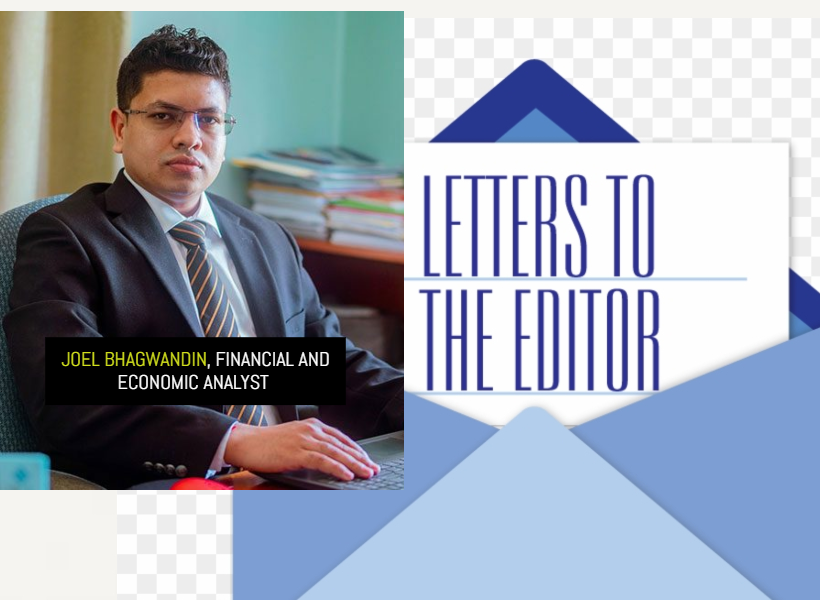Dear Editor,
I read with interest the launch of Professor Kirton’s most recent publication titled ‘building bridges in the Amazon-Guyana Brazil Relations into the 21st Century’. The professor argued that Guyana should consider “negotiating with Brazil for an oil block, as a country, especially in the changing geopolitical and geo-economic landscape in which we find ourselves”. Particularly, the professor contended that “Brazil could serve to counterbalance any aggressive intent in the immediate regional neighborhood and serve as an important player in the stability of the new sector.”
Indeed, I concur with Prof. Kirton’s argument and wish to commend him for his academic work through his latest publication.
That aside, I rather suspect that it is precisely for this reason; the geopolitical risk surrounding the Guyana/Venezuela border controversy―that is, that the Guyana Government has shrewdly adopted a policy stance to reserve a few of the oil blocks to explore country-to-country partnerships.
While I do agree that Brazil should be the preferred option for such a partnership, and for obvious reasons, if this doesn’t work out―I am of the view that India or the United Kingdom would be the strategic alternative options for Guyana.
This is the kind of discourse that we need to have more of at the national level which is deeply lacking in our society. There are a few notable persons who contribute to the national policy discussions and debate in a meaningful and scholarly manner and who are often drowned out in the mainstream media by the noisemakers.
I wish to acknowledge, for instance, Dr. Terrence Blackman, who is an Associate Professor of mathematics in the diaspora. Dr. Blackman consistently facilitates a weekly policy discussion forum on topical issues in Guyana, but unfortunately, the mainstream media does not publish his work.
Nonetheless, let me once again extend my commendations to both Professor Kirton and the likes of Professor Blackman for their scholarly contributions to the public discourse in Guyana.
Yours sincerely,
Joel Bhagwandin
Public Policy and Financial Analyst













